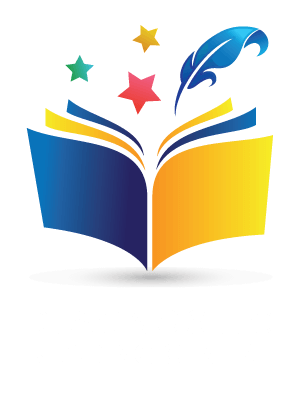Tips for helping learners to complete writing tasks and assignments.
Individuals with specific learning disorders and/or AD/HD often have considerable difficulty completing written projects/assignments for school. The key to helping learners to successfully complete writing tasks requires the coordination, communication, and support of both teachers and parents.
Writing is a process which requires considerable time, mental energy, and perseverance. Most written assignments and projects will involve several working sessions to complete. It is important to help the learner to plan ahead when a writing task or project is assigned. The following tips will help learners who experience challenges in writing to complete written tasks successfully.
-
-
- Ensure that the learner understands the instructions and requirements for the writing task or assignment (ideally the teacher will have provided a verbal and written explanation of the writing task with specific criteria for what is expected).
- It is very beneficial for learners to view high quality examples of the writing assignment or project which other students have completed previously. This practice helps to ensure that the learner understands the target goal and can conceptualize the final product.
- Break down the writing task or assignment into incremental and manageable parts or steps. Provide a verbal and written list of the steps for completing the writing task (i.e., what to do first, next, and after that…).
- Plan a schedule of writing times/sessions to complete each part or step of the writing assignment/project (writing sessions should be limited to 30 – 45 minutes in duration depending on the learner's age and ability to focus and concentrate on the task). Allow for mental and physical breaks as needed during the working sessions (take a brief walk or get a glass of water).
- Provide some guidance on how to get started on the writing assignment or project. Give the learner an opportunity to verbally brainstorm and record ideas prior to writing (key words). Help the learner to structure and organize ideas (verbally and on paper) prior to initiating the writing task. Use planning sheets or templates that are specific to the writing task to record key words and ideas for each part of the writing assignment.
- Encourage the learner to ask questions for clarification and to review what he/she has written in order to keep track of his/her progress and to ensure that the writing sounds right and makes sense.
- Monitor and provide feedback as the learner completes each aspect of the writing task. Provide constructive feedback about what your child has done well and what he/she may need to add or change in the writing.
- Encourage the learner to critically proofread the writing in order to make revisions to improve the quality and clarity of the writing.
- Help the learner to edit the writing for punctuation (periods, question marks, exclamation marks, commas, quotation marks, etc.), capital letters, and spelling. Provide a checklist of the written conventions and mechanics that are required for clarity in writing. Encourage the learner to use a spelling app such as Dictionary.com to locate the correct spelling of words that are misspelled.
- Commend the learner’s effort and perseverance to complete each part of the task. Celebrate successful completion of the writing task or assignment!
Many parents do not feel equipped to help their child when he/she struggles to complete writing tasks. The Diagnostic Reading Centre of Calgary (DRCC) provides support for individuals who have a history of learning difficulties. Typically, learners who attend the DRCC for assessment and weekly intervention have either been diagnosed with or are suspected of having a learning disability and/or Attention Deficit / Hyperactivity Disorder (AD/HD) which may affect their writing development (i.e., Specific Learning Disorder with impairment in written expression). The specialized, diagnostic assessment at the DRCC identifies which aspects of written language are underdeveloped and designs individualized targeted intervention (remedial instruction) to address the specific areas of concern.

